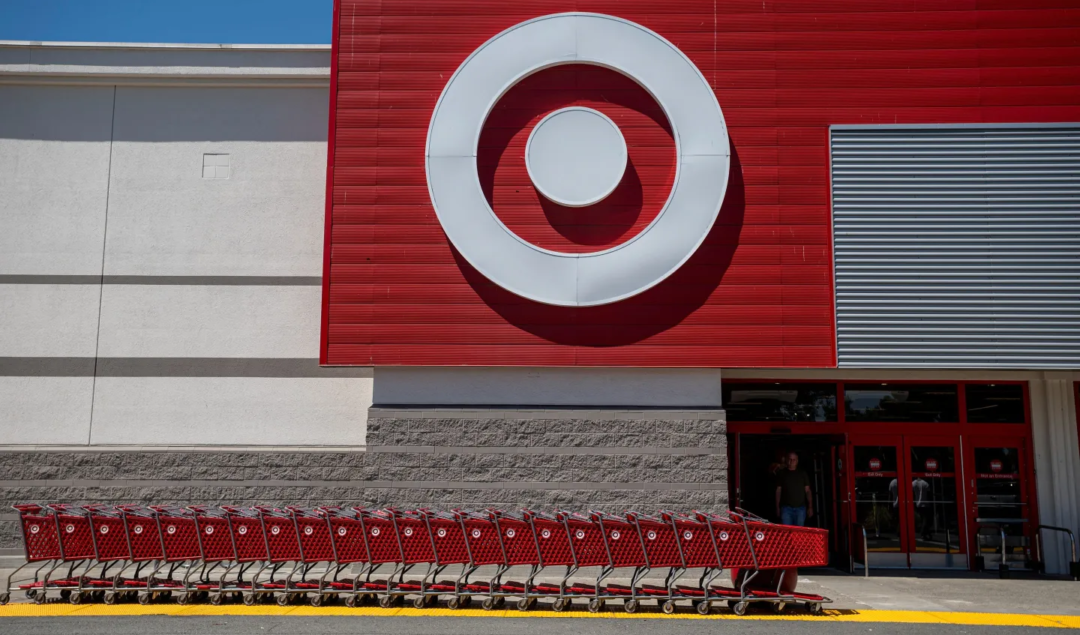Target Is Still Struggling To Recover From Boycotts Over DEI Retreat

Target has struggled to recover from boycotts and backlash following its rollback of diversity, equity, and inclusion (DEI) initiatives. The retailer’s foot traffic has remained low, according to data from analytics platform Placer.ai.
Since Q1 2024, the company’s year-over-year foot traffic changes have closely mirrored its revenue shifts, Retail Brew reports, differing by an average of just 1.2 percentage points over the past five quarters.
Scaling Back DEI Efforts
In January, Target announced that it would end its three-year DEI goals, conclude its Racial Equity Action and Change (REACH) initiatives in 2025, and end a program focused on carrying more products from Black- and minority-owned businesses.
It announced that it will stop engaging in all external diversity-focused surveys; it is “further evaluating” corporate partnerships and changing its “supplier diversity” team to “supplier engagement.”
Backlash and boycotts against Target
The decision triggered boycotts from Black consumers. In March, Pastor Jamal Bryant launched a nationwide boycott against the retailer, which coincided with Lent. In April, Rev. Al Sharpton met with Target CEO Brian Cornell in New York to discuss Target’s decision to roll back its DEI initiatives.
Bryant has continued to urge consumers to boycott, arguing that Target has fulfilled only one of four demands from the Target Forward campaign tied to its $2 billion pledge to Black-owned businesses.
“We had four asks and only walked away with one thing,” he told the The Christian Post. “I want to tell you what that one thing is. Target has agreed that by July 31st, they will complete the pledge of $2 billion for black business.”
Image: Getty Images/Bloomberg



